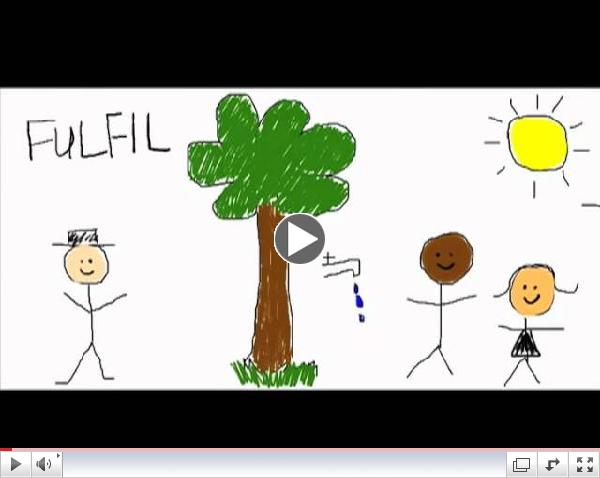|
"Eve teasing" in India
By guest author Darshini Shah
 | |
Indian goddesses
|
One central paradox in India is that while womanhood is elevated and symbolized in the forms of deity worship (namely Saraswati, Lakshmi, Parvati, Durga, and Kali) and political leadership (e.g., Former Prime Minister Indira Gandhi and current President of the Indian Congress Party Sonia Gandhi), many Indian women struggle with inequality related to issues of gender, culture, patriarchy, economics, religion, caste, and class.
This conundrum has engendered a struggle for gender equality and identity in the Indian milieu that has led to a rise in violence against women. While India is not alone in gender violence, particularly toward women, this pattern of violence... Read more...
|
|
Militarization: How can we resist?
By guest author Ellen Gutowski
A review of Sowing Seeds: The Militarisation of Youth and How to Counter It (Edited by Owen Everett)
Sergeiy Sandler, in his introduction to the War Resisters International book Sowing Seeds: The Militarisation of Youth and How to Counter It, argues that "For a war to be waged, sufficiently many people have to actively wage it and sufficiently many people have to passively accept and condone it."
This readable book describes the kinds of social forces that prepare young people around the world to accept and participate in armed conflict-e.g., through campaigns... Read more...
|
"The poor complain; they always do"  | |
World Bank protest, from Wikimedia Commons
|
By Dr. Kathie Malley-Morrison
The poor complain; they always do
But that's just idle chatter
Our system brings reward to all
At least all those who matter.
Noam Chomsky offered this verse (by Canadian economist Gerald Helleiner) as a definition of globalization-a topic that has engendered considerable heated discussion in the last decade or so.
The rhetoric is strong. The debates are rife. Emotions run high.
The fundamental question: Is globalization... Read more...
|
 Featured comment on Engaging Peace Featured comment on Engaging PeaceBy Darshini Shah
Dalit (socially constructed term for those of lower castes) women and girls, who are in the margins of Indian society, are some of the most vulnerable targets for sexual and gender violence. Power (e.g. economic, political, patriarchal, social, caste, class, etc.) wielded over them leads to a higher risk and rate of violence against them. Yet, media rarely ... Read more...
|
Children and youth peace corner
 | |
What is a human right?
|
What rights should people have?
By Krista Lee Berardi
On December 10th the world celebrated International Human Rights Day. This day is significant because it recognizes the basic rights that every human has. The United Nations defined these standards and has been working to protect them around the globe for the past 20 years.
Many countries have agreed to promote these rights and have incorporated them into their laws. The following video explains what these rights are and why they are important. What are some human rights that you think people should have? View the video below and share your thoughts with us!
|